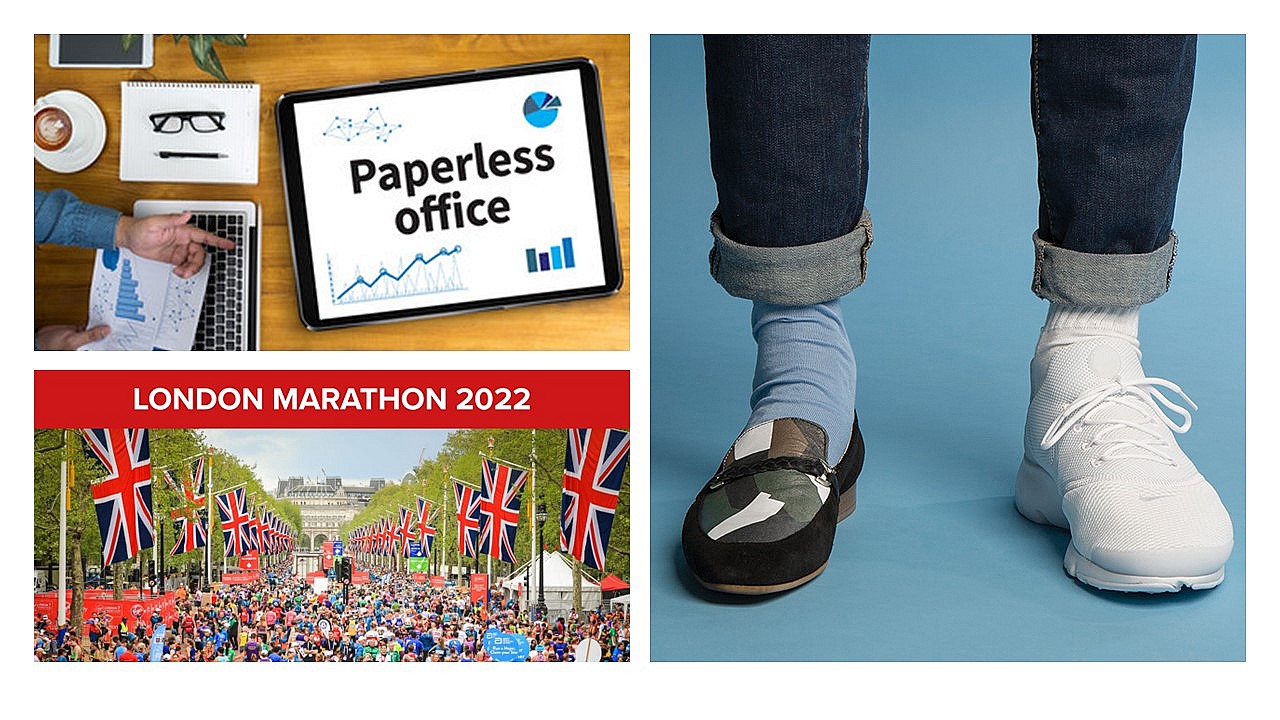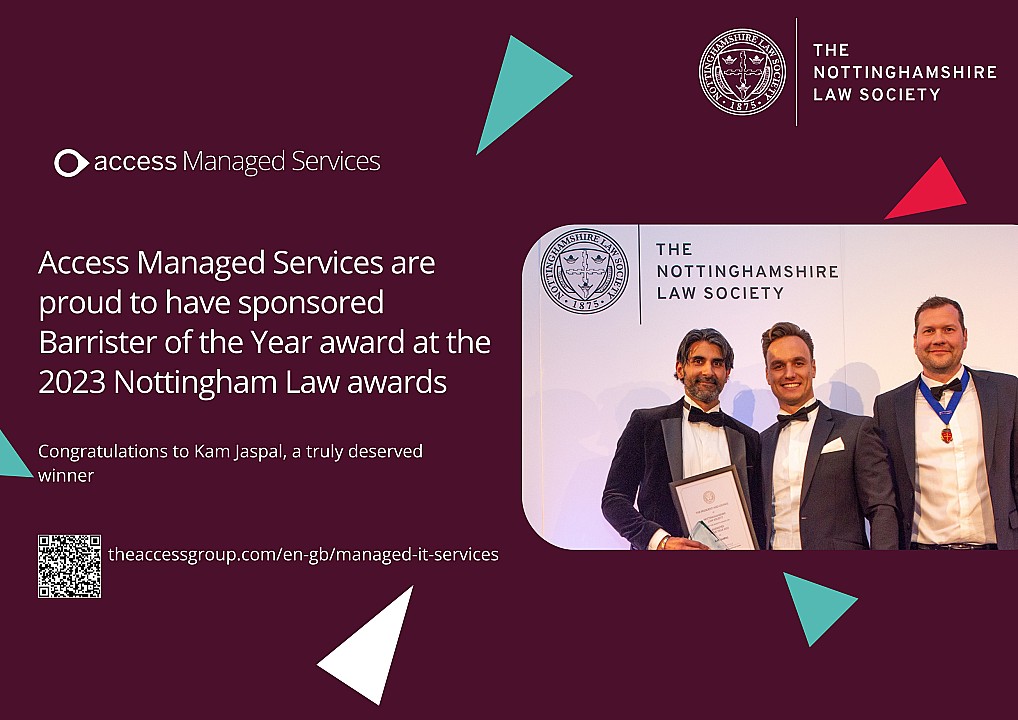-large.jpg)
❖ How did you feel winning Barrister of the Year?
It was humbling to have been nominated and voted as the winner by my peers in the legal community. I wasn’t expecting to win, so I was both surprised and delighted on Awards night. It is always nice to receive recognition.
❖ What was your route to becoming a barrister?
I took a fairly traditional route as I knew from quite an early stage that I wanted to be a barrister. After studying for my A-Levels I went straight to university where I spent 3 years studying for my Bachelor of Laws degree. The next two years were spent undertaking a Master of Laws degree and the Bar Vocational Course (as it was known at the time). It was then straight into pupillage at the Ropewalk.
❖ If you could give some useful tips to aspiring barristers, what would they be?
It is really important to remain focussed and resilient in today’s legal market. There is a lot of competition so you need to be keen and persistent to get pupillage, tenancy and a practice that you want. I also believe that a strong work ethic trumps everything else. If you are prepared to work hard, you can build and maintain a successful practice.
❖ You are clearly passionate about supporting and developing younger tenants of chambers. What is it about this that keeps you interested?
When I was a pupil, each of my supervisors gave up a considerable amount of time and energy to support me, so I think its important to give back in the same way.
For most, pupillage brings with it a steep learning curve, so when you do your part to assist with that training, it is incredibly rewarding to see pupils grow and develop in confidence and skill.
The future of the bar is dependent upon good pupils and for me this means more senior counsel investing their time, experience and expertise in supporting and mentoring the next generation.

❖ How has the pandemic impacted the Civil Justice system, from your perspective?
The biggest change has been the number of remote interim hearings which would previously have taken place in person. This has been a real positive as it has reduced the amount of time spent travelling, which is not only beneficial for the environment but also improves family life and general well-being. All the hours previously spent travelling can be put to constructive use and has been a game changer for me personally. The pandemic also accelerated the move to paperless working, which again reduces our carbon footprint and alleviates some of the GDPR issues that can arise with physical papers.
❖ What do you see as your biggest achievement, either in or outside of your legal career?
It goes without saying that my biggest achievement is our 3 beautiful children, but I suppose my wife gets at least half of the credit for that! Completing the London Marathon in October 2022 in a time of 3hrs 22mins (having previously shown little interest in running) and raising over £6,000 for a national children’s charity in the process, comes a very close second, particularly given that I was a month off turning 40.
❖ What is the most challenging aspect of being a barrister?
At times, the bar is all consuming and there is no time or capacity for anything or anyone else, including friends and family. It ebbs and flows depending on the different stages of your career and the workload at any given time, but you have to be mindful of balancing your work commitments against your mental and physical health and this can be challenging.
❖ What is the funniest thing you have seen working in law?
There are sometimes moments of hilarity in cases, especially when witnesses go rogue (and the Judge suddenly makes eye contact with you and is thinking "did the witness really say that?"). I also recall an occasion sitting outside court and glancing over at my opponent who had turned up wearing odd shoes. One black, one dark brown. It provided some comic relief at the time as well as a reminder that whilst barristers are expected to be sharp and on point, we are, after all, only human!
